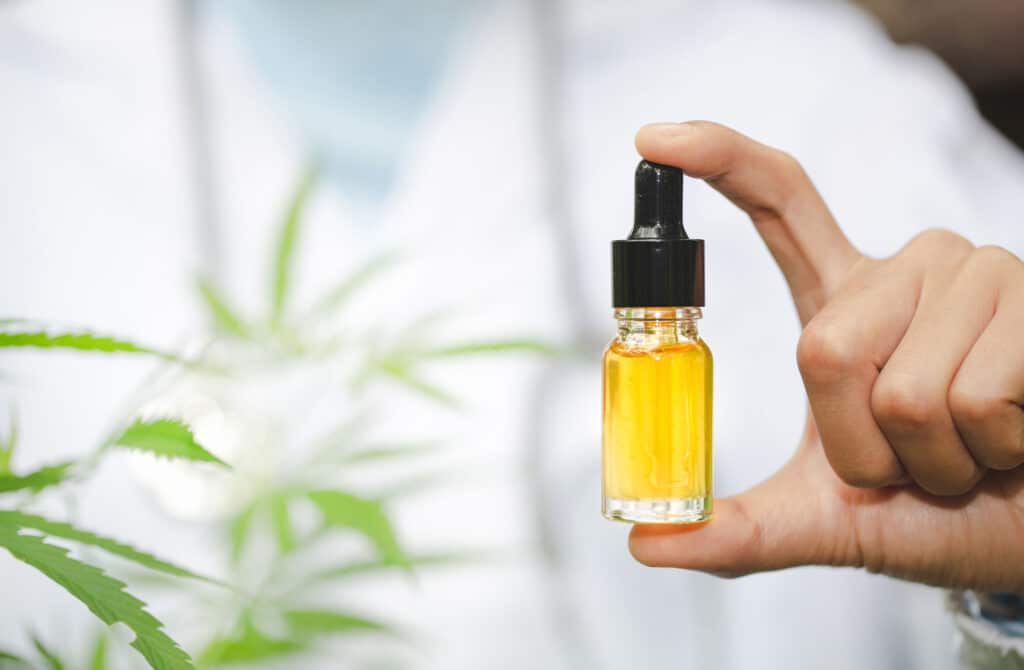Articles
The Evolution of CBD Products in the Health Industry
The health and wellness industry has witnessed remarkable transformations over the years, with one of the most significant being the rise of cannabidiol (CBD) products. CBD, a non-intoxicating compound derived from the cannabis plant, has steadily gained popularity for its various applications in the health and wellness sector. This comprehensive overview explores the evolution of CBD products, from their humble beginnings to becoming a staple in health-conscious communities.
- Understanding CBD
CBD is one of the numerous compounds found in the cannabis plant. Unlike its cousin tetrahydrocannabinol (THC), CBD does not produce a “high.” This distinction has made it an appealing option for those looking for the potential benefits of cannabis without the psychoactive effects.
- Historical Context
The use of cannabis for wellness purposes is not new; it dates back thousands of years in various cultures. However, the focus on CBD specifically is a relatively modern development. The scientific discovery of CBD occurred in the 1940s, but it wasn’t until the late 20th century that researchers began to study its properties in depth, separating it from the other cannabis compounds.
- Legal Milestones
The legal landscape for CBD has been complex and varied globally. In the United States, the 2018 Farm Bill was a significant turning point, legalizing hemp-derived CBD products that contain less than 0.3% THC. This legislation has opened the doors for the widespread legal sale and manufacture of CBD products and has been instrumental in its growth.
- Growth in Consumer Demand
The last decade has seen a surge in consumer interest in CBD products. This increased demand is driven by greater awareness of wellness and natural products, as well as anecdotal accounts of CBD’s potential benefits. Consumers are increasingly looking for holistic approaches to manage their well-being, and CBD products have been marketed to meet this need.
- Expansion of Product Offerings
Initially, CBD was primarily available in oil form. However, as the market has grown, so have the product offerings. Today, consumers can choose from a wide array of CBD products, including:
- Topicals: creams, lotions, and balms applied to the skin
- Edibles: like gummies
- Softgels: for consistent, precise servings
This diversification has made CBD accessible in various forms to suit different preferences and lifestyles.
- Quality and Safety Standards
With the expansion of the CBD market, quality and safety have become paramount. Reputable manufacturers adhere to strict testing protocols to ensure their products are safe, effective, and contain accurate levels of CBD and THC as labeled. Third-party lab testing has become an industry standard, providing transparency and building trust with consumers.
- Educational Efforts
As the CBD industry evolves, so does the need for consumer education. Manufacturers and vendors are increasingly investing in educational initiatives to inform the public about CBD’s properties, uses, and the science behind it. These efforts are crucial in dispelling myths and misconceptions about CBD and in helping consumers make informed choices.
- Research and Development
The body of research on CBD is expanding, although it remains in early stages compared to other therapeutic agents. Scientists are exploring the potential roles of CBD in managing various conditions. However, it is important to note that while there are promising studies, more research is needed, and no definitive claims can be made about CBD’s health benefits according to FDA standards.
- Challenges and Considerations
Despite its popularity, the CBD industry faces challenges. Regulation varies significantly by region, which can confuse both consumers and manufacturers. Additionally, the rapid growth of the market has led to concerns about over-saturation and the variability in product quality. It’s crucial for consumers to do their research and choose products from established, transparent brands.
- The Future of CBD
Looking ahead, the CBD industry is expected to continue growing, driven by ongoing research, legislative changes, and increasing consumer interest. Innovations in product formulation and the potential broadening of its applications suggest that CBD will remain a significant player in the health and wellness industry.
In conclusion, the evolution of CBD in the health industry is a testament to changing perceptions and the growing acceptance of cannabis-derived products in mainstream wellness practices. As the market matures, it will be crucial to continue prioritizing safety, quality, and education to ensure that CBD can maintain its place as a trusted wellness product.

